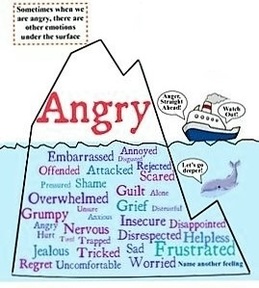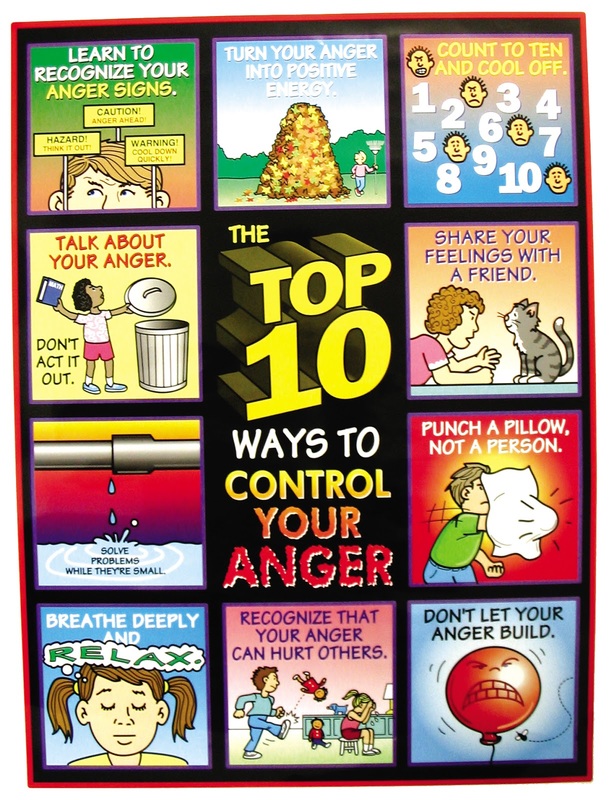ANger

We could drive nails hard into a fence, like we would lash out at people. With nails, if we do pull them out, we can see the scars on the fence that one could patch up, but we know they exist. With people though, even if we do get what we need through our anger, are we aware of the scars that anger leaves?
Culturally, we have very different responses to anger. On one hand, we celebrate the righteous anger, the creative anger as Mother Kali or the Lord Nataraja, and on the other hand, like with the Buddha, we celebrate equipoise and the calm, meditative state.
Anger is a powerful emotion. Using anger responsibly and constructively is a hard call.
Culturally, we have very different responses to anger. On one hand, we celebrate the righteous anger, the creative anger as Mother Kali or the Lord Nataraja, and on the other hand, like with the Buddha, we celebrate equipoise and the calm, meditative state.
Anger is a powerful emotion. Using anger responsibly and constructively is a hard call.
Understanding angerThe saber-rattling shows of anger & aggression are seen with every species. When we perceive a threat, anger and aggression help us mobilize our physical, mental and social resources to help us fight, overcome and survive. On the other hand, cooperation and empathy are also emotional responses that have evolved to help us in such threats.
The challenge is what we perceive as threat, and how we choose anger. What's beneath the angerAnger often is a slow-burning fire, with roots in many other feelings such as frustration, or hurt, or guilt. Difficulty in expressing those feelings could be coming out as anger, while really what is going on is a really different experience.
Anger need not be loud and brash either. It could be a quiet, intense and private feeling as well, and where anger is turned inward, it could present itself as a state of depression too, which could be as bad and destructive as an episode of a violent tantrum could be for one's environment and those present. Recognizing what's going on and being able to get it touch with what one truly is feeling is an important part of getting back to one's full emotional health. Managing angerIf we are to be in control of how and when we really use anger, rather than let the anger control us, we need to continually work on the following:
Truly mastering anger could be a life-long process, of course, unless one is the Buddha, maybe. |
Expressing angerAnger can be a useful emotion, if we listen to it. Our anger could be the quickest way for us to recognize we want something different, that we need some change, and if we can tune into that desire, and take a moment to think about it, we might be able to deal with it differently and more productively.
The difference between feeling angry and being angry is sometimes that moment of recognition, and it can make all the difference. We can feel the anger, express it in a really effective manner, get what we need, without losing it. |
How can you help yourself?
While working on mastering our anger, we could all use some quick tips to be able to control the more aggressive and unwanted ways we might express anger, and limit damage we might do to ourselves and others.
The key message is to try and share concerns long before the build-up, and where it just happens, to recognize anger cues, take a moment's break, breathe, relax and get back in control.
On the other hand, if we are the target of such anger, what we could do is:
The key message is to try and share concerns long before the build-up, and where it just happens, to recognize anger cues, take a moment's break, breathe, relax and get back in control.
On the other hand, if we are the target of such anger, what we could do is:
- Let the anger express safely, and wait for the wave to subside
- Listen patiently, without interrupting, reacting, countering or justifying. Logic may not help
- Leave the person if need be. If you can, validate anger and acknowledge it without agreeing or colluding
- When the anger subsides, speak about the effect the angry behaviour has on you, ask how you are part of the problem, and work to solve the problem, if needed.
When Do you Seek Help?
Anger becomes a problem if you find that how you express and experience anger has affected your significant relationships, including at work. If you find that your behaviour when angry has been objectionable (you have been physically violent, verbally abusive or in other ways hurtful) and you are finding the consequences are hard, seek help
More Information
1. Live Science on Evolutionary Advantages of Anger
2. American Psychological Association on Controlling Anger
3. Mayo Clinic's 10 Tips to Control Anger
4. Kids Health on Managing Anger (For kids and teens)
5. Australian Psychological Society on Anger
6. Art of Living on Meditation for anger management
7. Non-Violent Communication (NVC) and anger management
2. American Psychological Association on Controlling Anger
3. Mayo Clinic's 10 Tips to Control Anger
4. Kids Health on Managing Anger (For kids and teens)
5. Australian Psychological Society on Anger
6. Art of Living on Meditation for anger management
7. Non-Violent Communication (NVC) and anger management


